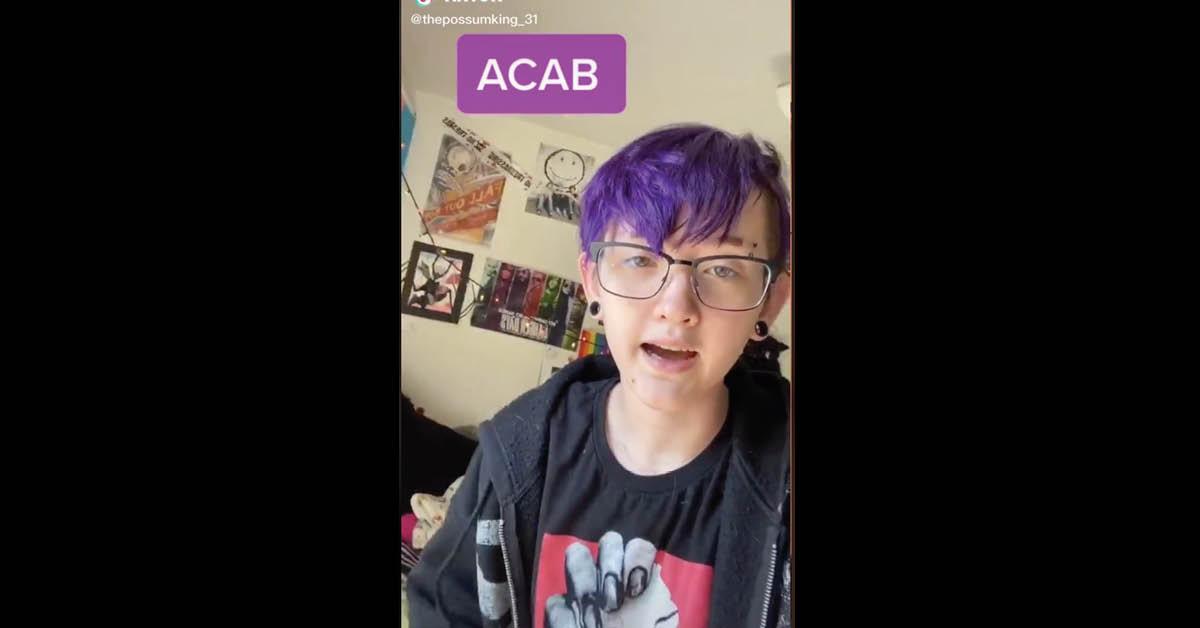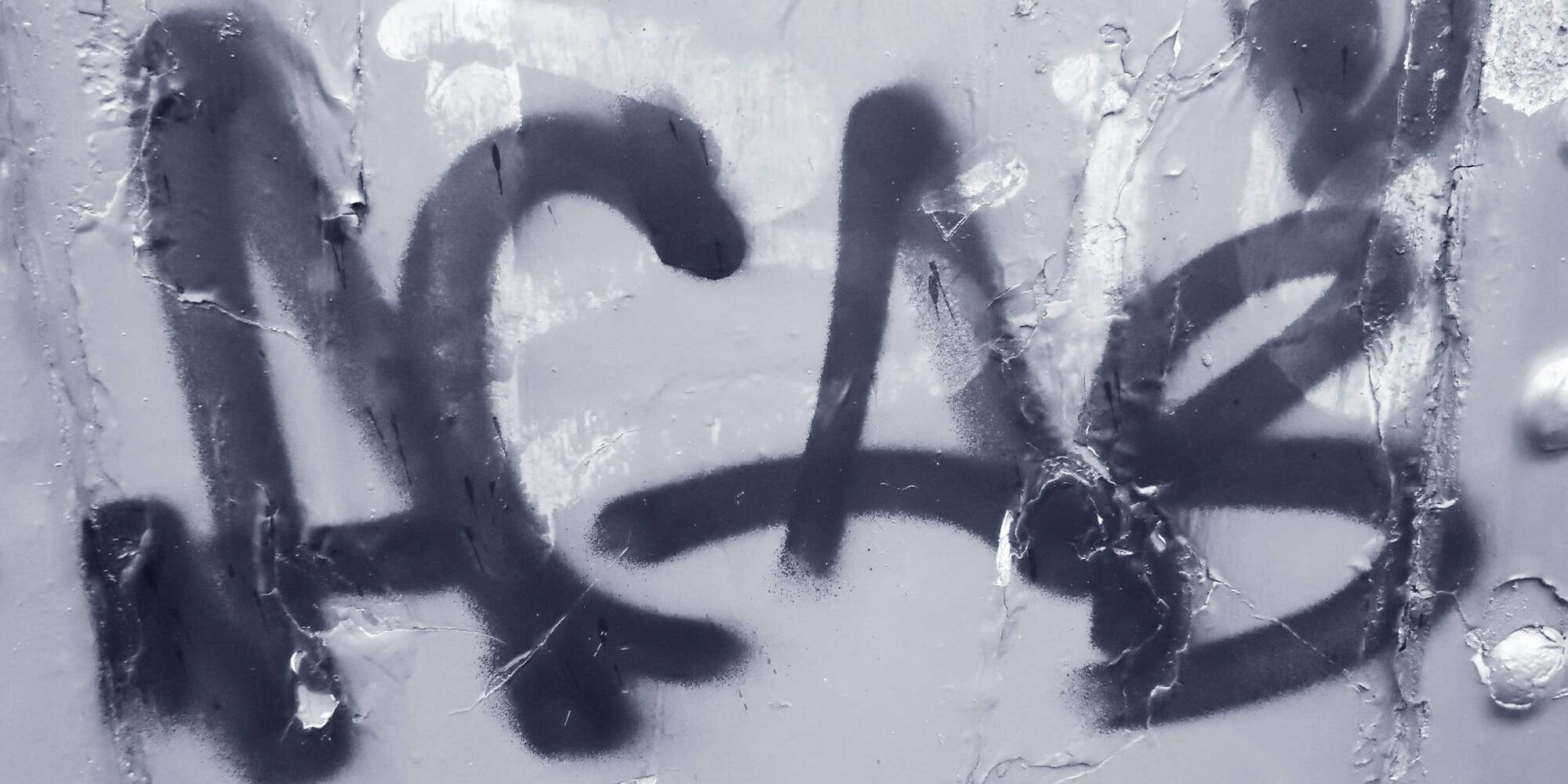What Does ACAB Mean? Unpacking The Controversial Acronym
ACAB is an acronym that has gained significant attention in recent years, especially during global protests and discussions about law enforcement and systemic issues. It stands for "All Cops Are Bastards," a phrase originating from a 1970s punk rock song. The term has evolved over time and carries different meanings depending on the context and audience. Understanding its origins, usage, and implications is crucial for engaging in informed conversations about policing and social justice.
The rise of ACAB in mainstream discourse reflects broader societal debates about trust in law enforcement and the need for reform. While some view it as a rallying cry for accountability and change, others see it as divisive and disrespectful. This article explores the meaning of ACAB, its historical background, and its relevance in today's world.
Whether you're a student, activist, or simply someone curious about the term, this comprehensive guide will provide you with the knowledge to navigate discussions surrounding ACAB. Let's delve deeper into its origins, interpretations, and impact.
Read also:Humphreys County Obituaries A Comprehensive Guide To Honoring Lives And Preserving Memories
Table of Contents
- The Origin of ACAB
- Interpretations of ACAB
- How ACAB is Used Today
- Controversies Surrounding ACAB
- ACAB and Law Enforcement
- Statistics on Public Perception
- ACAB in Media and Popular Culture
- Proposed Solutions and Alternatives
- The Future of ACAB
- Conclusion and Call to Action
The Origin of ACAB
ACAB traces its roots back to the late 1970s, when the punk rock band The 4-Skins popularized the phrase in their song "ACAB." At the time, the UK was experiencing significant social unrest, with tensions between the police and working-class communities reaching a boiling point. The phrase became a symbol of defiance against perceived police brutality and corruption.
Historical Context
The socio-political climate of the 1970s played a pivotal role in shaping the meaning of ACAB. High unemployment rates, economic inequality, and institutional racism contributed to widespread distrust of authority figures, including the police. Punk rock culture, with its anti-establishment ethos, provided a platform for expressing these frustrations.
Evolution Over Time
While ACAB initially gained traction in the punk community, its usage expanded over the decades. In the 1990s and 2000s, the phrase was adopted by various activist groups advocating for police accountability and social justice. Today, it continues to resonate with individuals and movements challenging systemic issues within law enforcement.
Interpretations of ACAB
ACAB's meaning is multifaceted and often depends on the perspective of the person using or interpreting it. For some, it represents a critique of systemic issues within policing, while others view it as a personal attack on individual officers.
Symbol of Protest
For many activists and reform advocates, ACAB serves as a powerful symbol of protest against police misconduct and systemic injustice. It highlights the need for accountability and transparency in law enforcement practices.
Criticism and Misunderstanding
On the other hand, critics argue that ACAB perpetuates negative stereotypes about police officers and undermines efforts to build trust between communities and law enforcement. Misunderstandings about the term's intent can fuel division and polarization.
Read also:Aria Montgomery Season 1 A Deep Dive Into Her Journey And Achievements
How ACAB is Used Today
In contemporary society, ACAB appears in various forms, from graffiti and social media posts to protest signs and merchandise. Its widespread use reflects the ongoing relevance of the issues it represents.
Social Media Impact
Platforms like Twitter, Instagram, and TikTok have amplified the reach of ACAB, allowing users to share their views and experiences with a global audience. Hashtags such as #ACAB and #AllCopsAreBastards frequently trend during discussions about police reform and social justice.
Protest Movements
ACAB has become a staple in modern protest movements, including Black Lives Matter and campaigns against police brutality. It symbolizes the collective frustration and demand for change felt by many marginalized communities.
Controversies Surrounding ACAB
The use of ACAB is not without controversy. Critics argue that it alienates law enforcement officers who are committed to serving their communities and distracts from constructive dialogue about reform.
Polarizing Effect
ACAB's polarizing nature often leads to heated debates and misunderstandings. While some view it as a necessary critique of systemic issues, others see it as inflammatory and counterproductive.
Impact on Dialogue
Despite its controversial reputation, ACAB has sparked important conversations about policing and accountability. By bringing attention to these issues, the term serves as a catalyst for change, even if it sometimes provokes strong reactions.
ACAB and Law Enforcement
The relationship between ACAB and law enforcement is complex and multifaceted. While the term challenges the authority of police institutions, it also highlights legitimate concerns about misconduct and abuse of power.
Police Perspectives
Many law enforcement officers view ACAB as an affront to their profession and dedication to public service. They argue that it unfairly generalizes all officers based on the actions of a few bad actors.
Community Relations
ACAB's presence in protests and public discourse has both positive and negative effects on community relations. While it raises awareness about important issues, it can also strain relationships between law enforcement and the communities they serve.
Statistics on Public Perception
Data from surveys and studies provide valuable insights into how the public perceives ACAB and its implications.
Trust in Law Enforcement
According to a 2021 Pew Research Center survey, trust in police varies significantly across demographic groups. Only 31% of Black adults express confidence in law enforcement, compared to 57% of White adults. These disparities underscore the need for meaningful reform and accountability measures.
Support for Reform
A 2020 Gallup poll revealed that 84% of Americans support requiring body cameras for police officers, while 69% favor banning chokeholds. These statistics indicate widespread support for reforms aimed at increasing transparency and reducing misconduct.
ACAB in Media and Popular Culture
ACAB's presence in media and popular culture reflects its enduring relevance as a symbol of protest and resistance.
Film and Television
Shows like "The Wire" and "13th" explore themes of police corruption and systemic injustice, resonating with the sentiments expressed by ACAB. These narratives help audiences understand the complexities of law enforcement and its impact on communities.
Music and Art
Punk rock bands and street artists continue to incorporate ACAB into their work, keeping its message alive and relevant. Through music and visual art, the term reaches new audiences and inspires social change.
Proposed Solutions and Alternatives
Addressing the issues highlighted by ACAB requires actionable solutions and alternatives to traditional policing models.
Community Policing
Community policing emphasizes building trust and collaboration between law enforcement and the communities they serve. By fostering positive relationships, this approach can reduce tensions and improve outcomes for all parties involved.
Accountability Measures
Implementing accountability measures, such as independent oversight committees and mandatory body cameras, can help address concerns about police misconduct and increase transparency.
The Future of ACAB
As societal attitudes toward law enforcement continue to evolve, so too will the role of ACAB in public discourse. Its relevance as a symbol of protest and resistance is likely to persist, serving as a reminder of the ongoing struggle for justice and accountability.
Shifting Narratives
Future discussions about ACAB may focus on reframing the narrative to emphasize constructive solutions rather than divisive rhetoric. By prioritizing collaboration and understanding, stakeholders can work together to create safer, more equitable communities.
Conclusion and Call to Action
In conclusion, ACAB represents a powerful yet controversial symbol in the ongoing dialogue about policing and social justice. While its meaning and implications vary depending on perspective, there is no denying its impact on contemporary discourse.
We encourage readers to engage in thoughtful discussions about the issues raised by ACAB and to seek out credible information from reputable sources. By doing so, we can contribute to a more informed and constructive conversation about the future of law enforcement and community relations.
Leave a comment below sharing your thoughts on ACAB and its role in today's world. For more insights on social justice and reform, explore our other articles and resources. Together, we can make a difference.


